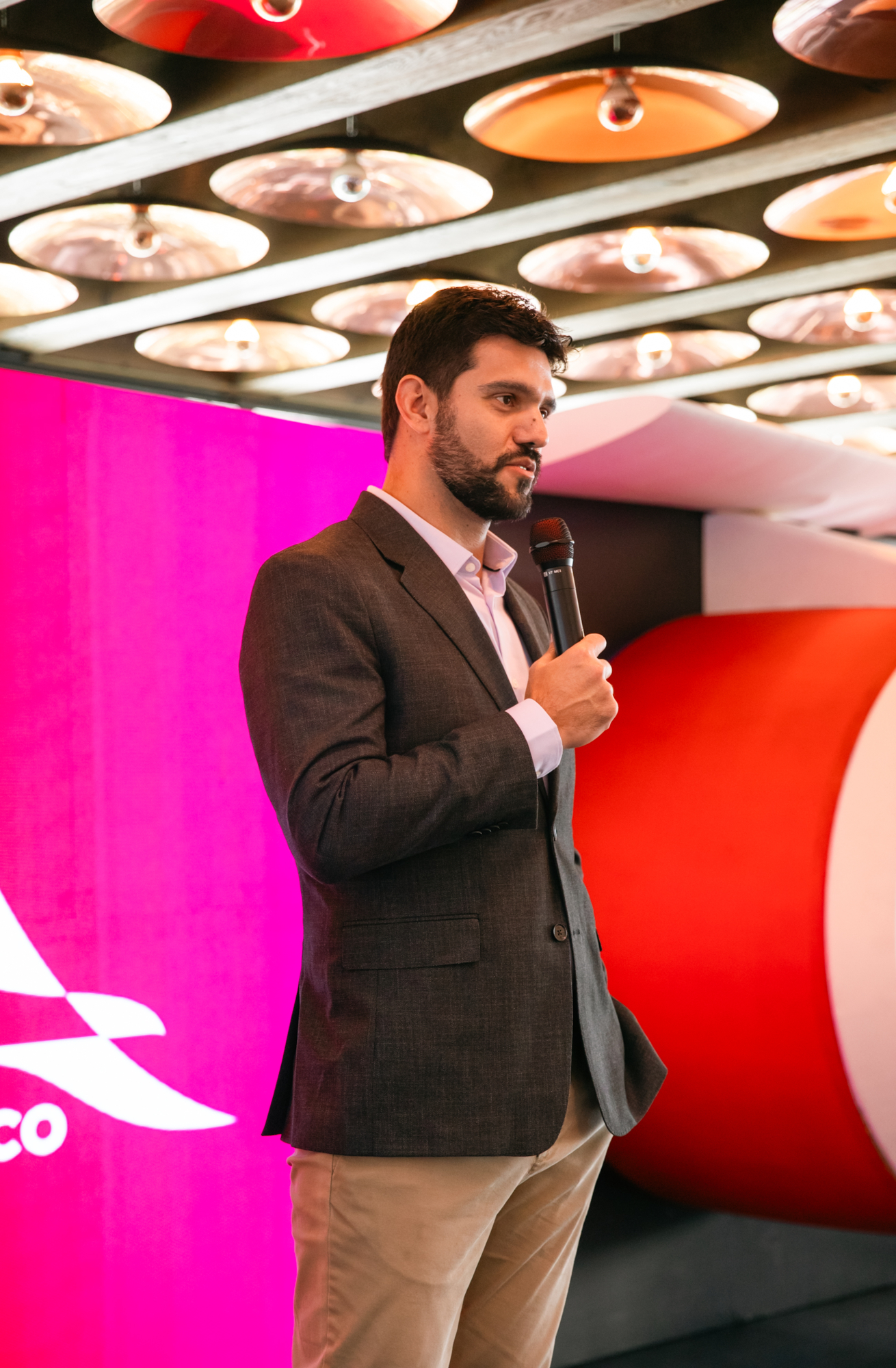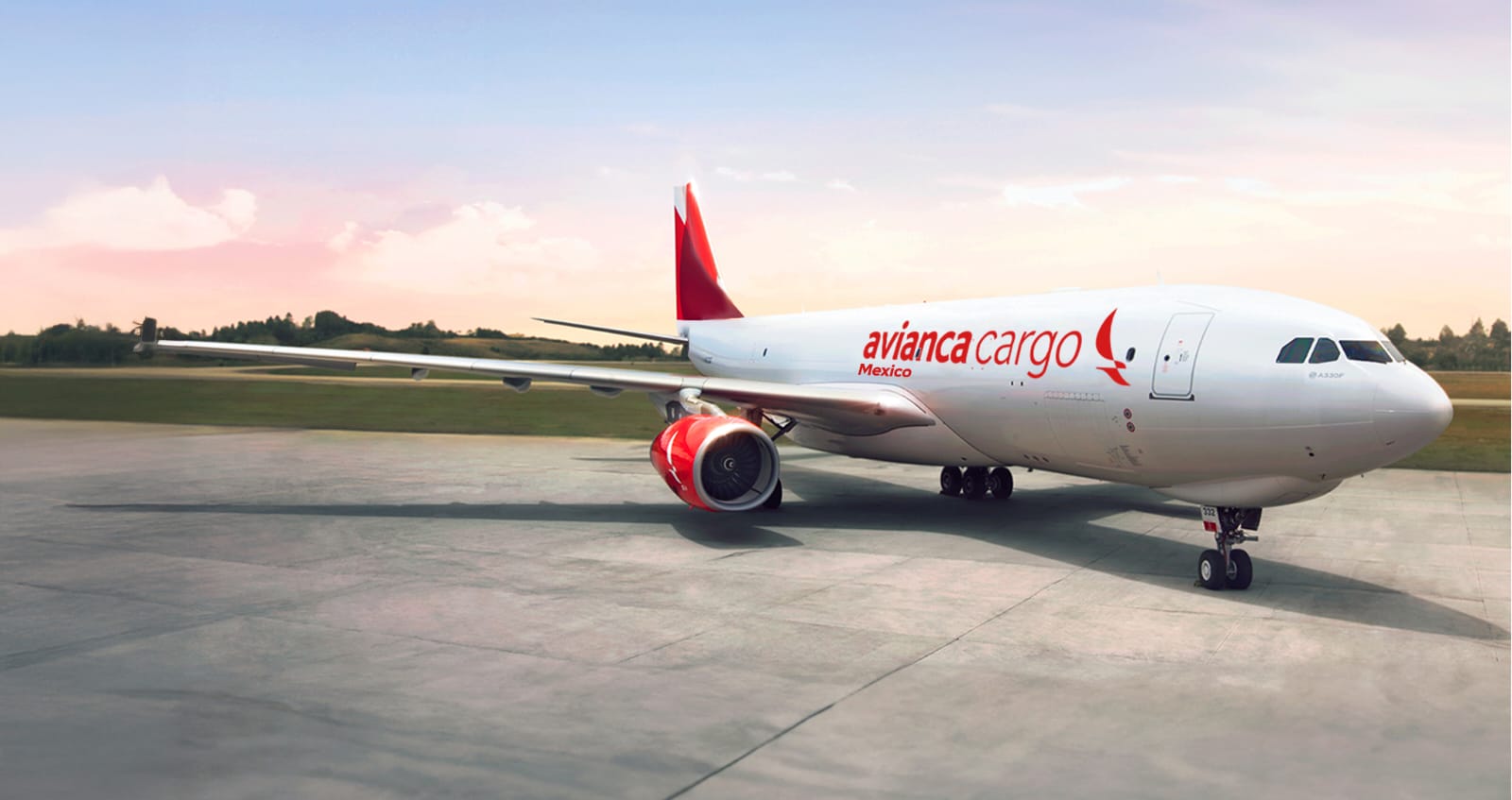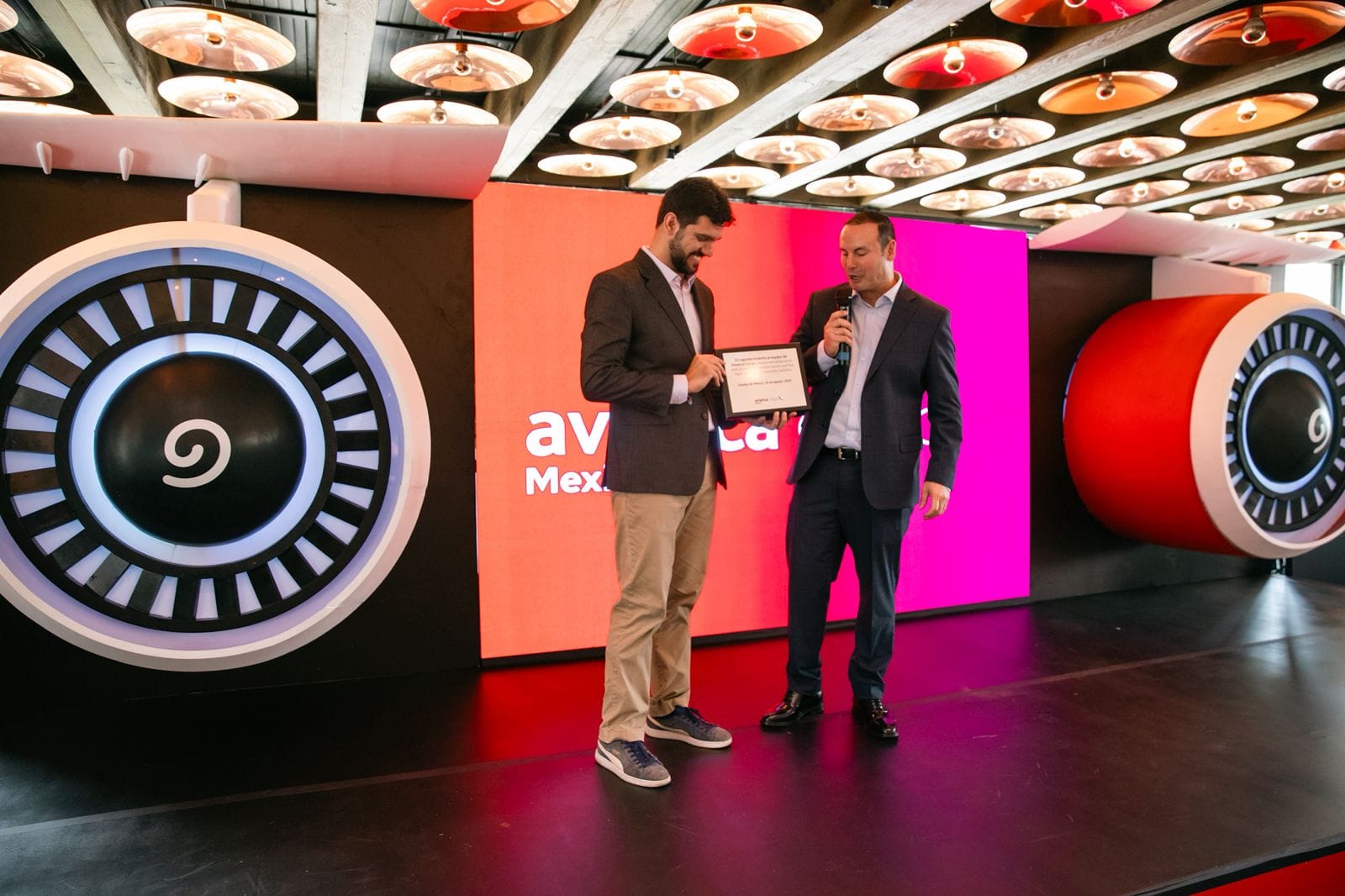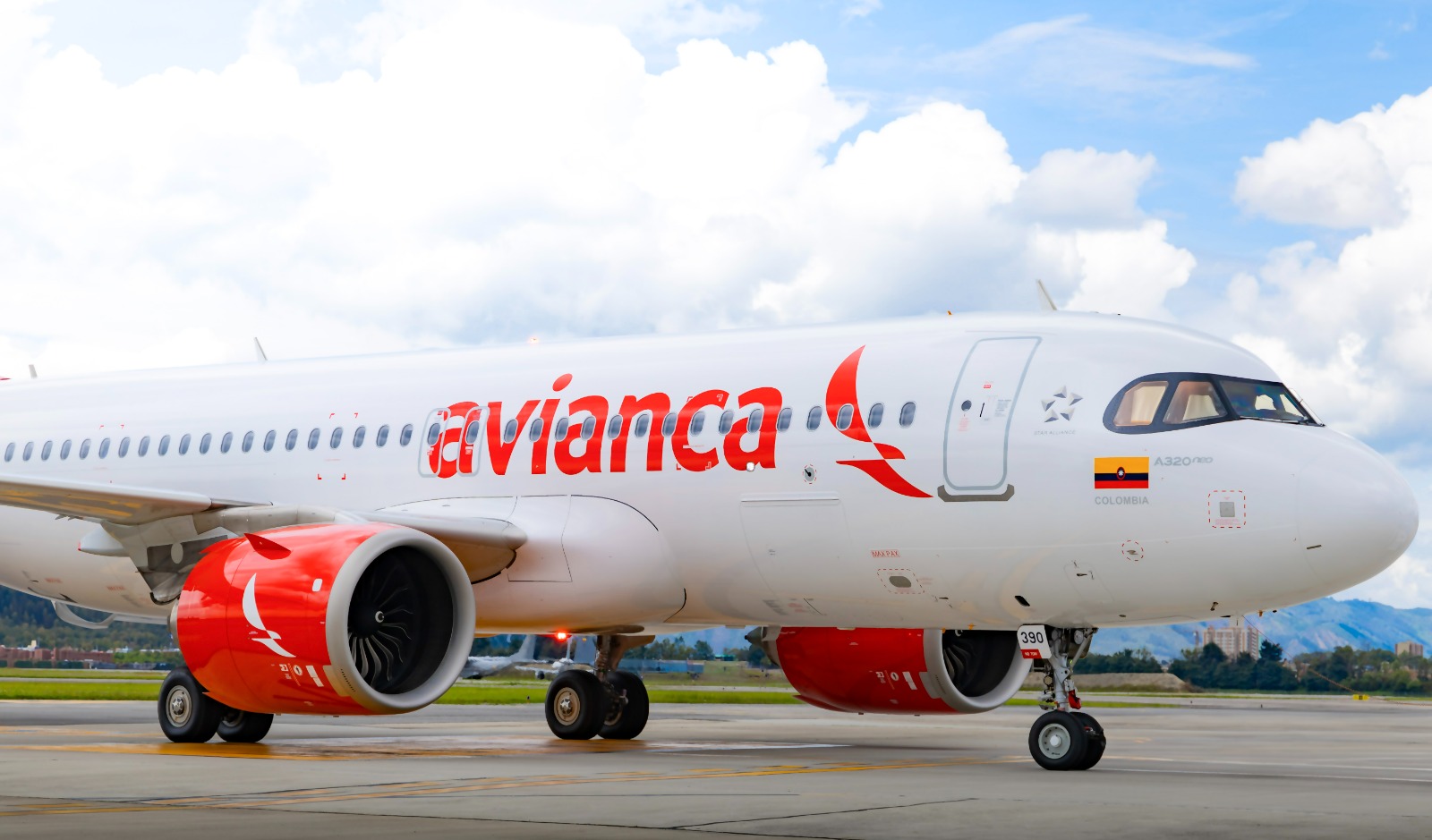Avianca Cargo's plan to continue growing in Mexico and Latin America: increased fleet size, increased frequencies, and strategic alliances

A few weeks ago , AeroUnion began operating under the Avianca Cargo Mexico brand, as part of the company's commitment to strengthening its presence in a market that has been significant in Latin America.
In an interview, Avianca Cargo CEO Diogo Elías highlighted the company's growth prospects in Mexico and Latin America, thanks to an increase in its fleet and flight frequencies.
What does the alliance entail and what changes are coming for the company? The alliance was approved by authorities in Colombia, Mexico, and the United States two years ago. It allows for collaboration to gain efficiencies and synergies between the companies, including processes and standards, fleet management, itineraries, and revenue management.
However, things had to be put in order first. That is, the company had to be organized to meet Avianca Cargo's international standards.
Only when the company was ready was it able to inherit the name, under a brand licensing agreement that makes it possible for it to be called Avianca Cargo Mexico today.

CEO of Avianca Cargo, Diogo Elías. Photo: Avianca Cargo
It is open-ended, but has an early termination clause if either party so requests. This contract enables the transfer of value to customers, thanks to Avianca Cargo's global reach.
What benefits will Avianca Cargo gain from this alliance? Avianca Cargo operates from Colombia to all of Latin America, but Mexico is a significant market. Without this alliance and the coordination with Avianca Cargo Mexico, we would not be able to operate as we do today in Mexico, the second-largest market in Latin America.
Mexico is connected to markets in South America, the United States, and Asia, thus contributing to Avianca Cargo's global strategy to maintain a presence in all Latin American markets.
Does this alliance involve any investment? There are investments, but more than the amount, what's important is that we're uniting the brands so the market can better recognize Avianca's global brand and what it represents. That's the main benefit, more than the investment cost.

Avianca Cargo Mexico Photo: Courtesy
More than just destinations, we're expanding the airline's presence in the key markets where we already operate. We received a second aircraft and will have a third in September to expand the number of frequencies in these markets.
For example, Los Angeles is a gateway for the Asian market to Mexico and South America. We are expanding service frequencies between Los Angeles and Mexico, whether via Mexico City, Guadalajara, or Monterrey, to connect with Bogotá, Brazil, Chile, or Argentina, for both exports and imports.
How many frequencies do you expect to achieve and how much would freight transport increase? We are currently operating six frequencies between Los Angeles and Mexico, but we hope to expand to eight frequencies.
When we compare the last quarter of 2024 with the same period this year, we project 25 to 30 percent growth across the entire Avianca Cargo network due to the fleet expansion and other business deals we recently signed in Colombia.
We should receive the next aircraft between the fourth quarter of 2026 and early 2027. It's important to remember that we transport cargo not only on freighter aircraft, but also on passenger aircraft.
We've now seen a significant increase in our fleet, but we'll continue to seek efficiencies and increased frequencies. We expect significant growth next year due to the increased fleet, and then we'll continue to see more organic growth.

Official launch of the Avianca Cargo Mexico brand. Photo: Courtesy
These new aircraft will increase the frequencies we already operate, but we're always looking for opportunities to grow in Latin America. The non-passenger market is more dynamic in terms of changes that can be adapted in the short term.
Could the U.S. tariff policy affect Avianca Cargo's operations in Mexico? The air cargo industry has always been described as resilient because it's always looking for ways to reinvent itself and compensate for the demand that isn't coming in.
The company's focus is on collaborating with authorities and ensuring a smooth, direct, transparent, and consistent conversion. But we must also focus on the things we can control, such as standards and processes, and compensating for loads that may be reduced for any reason.
Judging by recent occupancy rates , fortunately there have been no problems due to tariff movements or the bilateral relationship between Mexico and the United States.
The balance is very positive, and we hope to maintain this pace, but always with the conviction that we can do better.

Avianca Photo: Avianca
The United States is the main destination for Colombian exports, and the main gateway is Miami, which is where we have our stronghold.
We are leaders in flower exports from Colombia , and this year we experienced significant growth during the Valentine's Day and Mother's Day seasons.
There are also good prospects for Colombia in the import of e-commerce products, which continues to grow compared to the last two years.
How have inflation, the exchange rate, and fuel prices affected Avianca Cargo's operations? Operations are affected, but we're managing to offset those impacts thanks to the investments we're making in our fleet and other efficiency initiatives.
We are managing to offset some of the increased costs because it is very important for an airline to be aware of these costs in order to be competitive against our main competitors.
eltiempo





